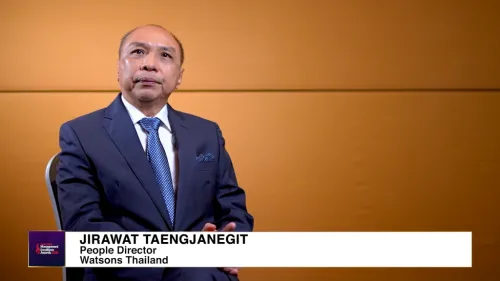
APAC firms eye boosting tech investments by 20% in 2025
Generative AI investments are expected to rise to 34% in 2024.
Nearly half of Asia Pacific (APAC) organisations plan to increase their technology investment by over 20% in the next 12 months, according to SAS.
Generative AI investments are expected to rise from 19% in 2023 to 34% in 2024.
Notably, AI spending in APAC is forecasted to reach $45b in 2024, and grow to $110b by 2028, with an annual growth rate of 24%. A significant portion of the 2024 increase in AI investment will come from budget reallocation as organisations shift funds away from infrastructure and application modernisation.
But whilst businesses are ramping up investment in artificial intelligence (AI), only 18% consider themselves AI leaders.
Amongst so-called "AI leaders", 32% identified revenue growth as their primary outcome from AI initiatives, followed by operational efficiency (31%) and profit increase (26%).
In contrast, "AI followers" are focused on improving customer service (27%), expanding market share (25%), and faster time-to-market (25%).
Shukri Dabaghi, Senior Vice President for Asia Pacific and EMEA Emerging at SAS, noted that businesses should avoid a "gold rush" approach to AI. He stressed the importance of building trustworthy AI capabilities grounded in data, processes, and skills for long-term transformation.
However, SAS warned that AI investments without clear business alignment could lead to disillusionment.
Many organisations reportedly expect a three-fold return on investment, driven by fear of missing out on AI advancements, but SAS cautioned that building effective AI capabilities takes time and a solid foundation.
The skills gap remains a critical barrier to AI adoption, particularly in healthcare (41%), government (38%), insurance (32%), and banking (29%), SAS noted.
Despite these challenges, these sectors are pushing forward with AI to improve decision-making, automation, and product development. Key use cases include financial crime analytics in banking, fraud detection in insurance claims, and fraud prevention in healthcare.
China is leading AI adoption in the region, with a 59% increase in AI projects expected over the next year, followed by India (51%) and Japan (46%). China and South Korea are advancing faster in AI due to higher investment levels, supportive regulations, and stronger AI talent and infrastructure.
SAS noted that to maximise AI’s potential, companies must focus on developing in-house skills, building strategic use cases, and planning for AI-related costs and risks from the outset. By doing so, businesses can achieve higher returns and build trust in future AI investments.



















 Advertise
Advertise








